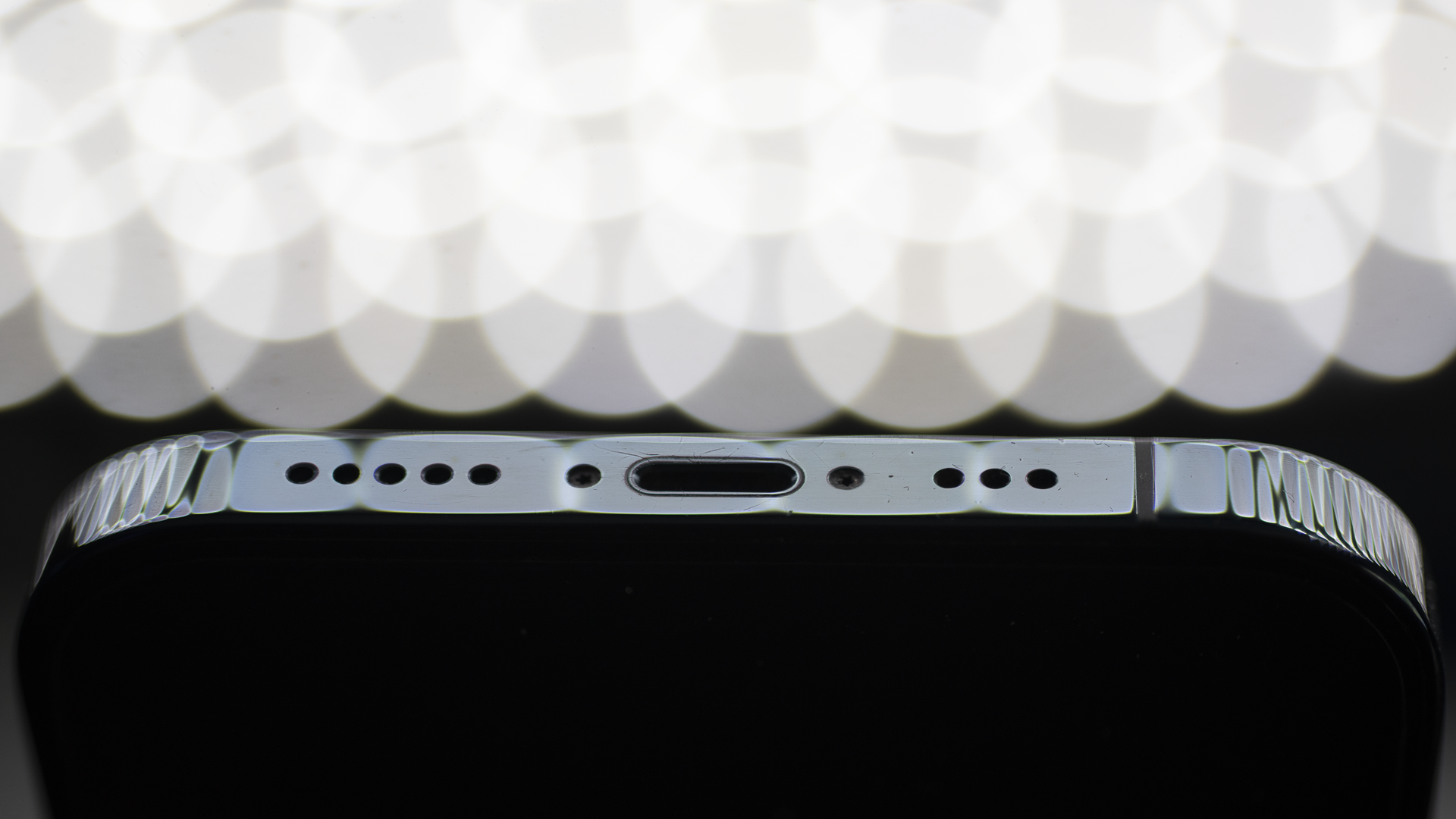Apple could be forced to switch iPhone to USB-C, for real this time
Apple's iPhone might have no choice but to move to USB-C

Apple might face a new problem for future Phones, thanks to an EU proposal that all chargers be fitted with a USB-C connection on the device end. If passed, this would create an issue for Apple because it continues to use a mix of wireless charging and its Lightning port, which it introduced in 2012 and has stuck with on a number of devices, but also migrated away from in others.
The EU’s intention here is to reduce the amount of chargers and the e-waste that results from the near endless production of them. By moving to USB-C on every new device there would be no question that customers could charge their devices and not need an included charger.
Also in the proposal is an end to proprietary fast charging. That would mean that a standard would have to be agreed, and couldn’t be specifically bound to a processor as it is in Qualcomm’s Quick Charge. That said, Qualcomm’s later standard work with the standardised USB-C Power Delivery standard (PD) which is presumably what the EU Commission is proposing here anyway.
- iPhone 13 reviews roundup: people love the battery and camera improvements
- Best iPhone 2021: iPhone models compared and rated
The EU Commission does say that there would be a 24 month transition period for manufacturers to adapt to the change. That means we wouldn’t see Apple pushed towards this until the iPhone 15, although it seems increasingly likely that the company might make the change of its own back in the near future anyway. If there is a more radical redesign coming for the iPhone 14, including USB-C seems like a logical step.
And indeed, there are big advantages for Apple when it comes to the more universal connector. As the iPhone, and particularly the two Pro models, move towards increasingly professional levels of video, with ProRes support and very high quality video, it may be that a new port is a good thing for Apple. Offloading bulky footage over Lightning is a mixed bag and USB-C gives the company a lot of flexibility, as it has with its iPad Pro range.
In a press release, the Commission points out that while the number of different charging solutions has gone from 30 down to 3 (Micro USB, USB-C and Lightning) there is no one-fits-all solution. It is, of course, cheaper for a lot of companies to use Micro USB for their devices, and not a lot of incentive to change to USB-C on low-power items. USB-C is present on most smartphones and tablets these days, with the major exception of the iPhone. Apple also uses Lightning on mice and AirPods which suits people in the Apple ecosystem, but continues the reliance on this cable.
Managing Editor of T3 US, Mat Gallagher, said he expected Apple to make the change to USB-C on the iPhone anyway. He explained, “Apple’s already moved to the USB-C port on several of its iPads, including the new iPad Mini. There clearly isn’t much of an objection from Cupertino about the connection itself, it’s more likely that the company has design challenges around the smaller iPhone to overcome first”.
Get all the latest news, reviews, deals and buying guides on gorgeous tech, home and active products from the T3 experts
How Apple deals with this will likely come down to its own plans anyway. Could it include a Lightning to USB-C dongle in the box to calm the EU, perhaps. However at this point it does seem more likely that future iPhones will see a switch to USB-C for better or worse. So bundle up those lightning cables and get ready to chuck them in the incinerator.
Also, Apple may just kill the port all together. We have MagSafe on the iPhone now, the lightning port doesn't add much for people used to living their lives on Wi-Fi and it solves the problem of a new port. It does, however, move things into an arguably worse position with a whole new set of accessories being produced to meet this need.
Ian has been involved in technology journalism since 2007, originally writing about AV hardware back when LCDs and plasma TVs were just gaining popularity. Nearly 15 years on, he remains as excited about how tech can make your life better.